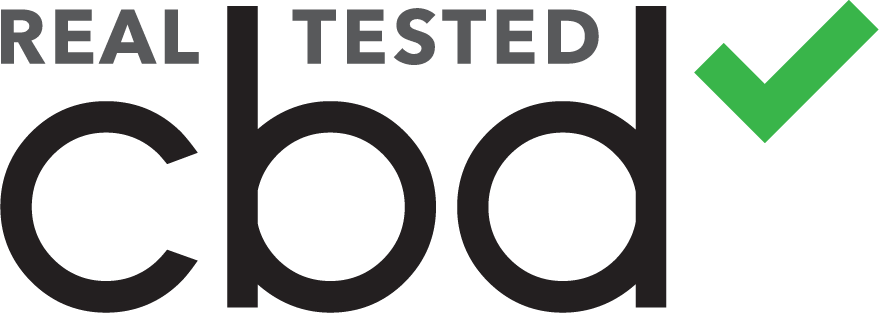Lawmakers have had issues with delta-9 THC for decades. Even though more states have begun opening up to legal marijuana, there are no signs the federal government will reverse its stance on delta-9 anytime soon. According to the DEA, delta-9 is a “Schedule I” drug, which means it has zero supposed therapeutic value.
Understandably, new CBD customers are often concerned to see even small traces of delta-9 in their products. If the DEA believes delta-9 is a “Schedule I” drug, doesn’t that mean THC is bad for you? If so, why is there some delta-9 in full-spectrum CBD oils? Also, why are more people requesting CBD oils with the highest legal amount of delta-9 THC?
There’s still a great deal of debate surrounding the science of delta-9 THC, but the info below should help CBD customers make an informed decision.
Can A Little Delta-9 Detract From CBD Oil’s Effects?
Per the 2018 US Farm Bill, legal CBD oils in the USA must have ≤ 0.3 percent delta-9 THC. The reason lawmakers gave farmers this leeway is because it’s challenging to get rid of THC in hemp cultivars. Sure, hemp naturally has low THC, but it’s unlikely a strain will have zero percent of this cannabinoid. The 0.3 percentage is convenient for hemp farmers, manufacturers, and extractors.
This begs the question: Could ≤ 0.3 percent delta-9 THC negatively affect CBD customers? Most research into this issue suggests that 0.3 percent THC is far too low to have a “high-inducing” effect. Unless a patient is incredibly allergic to THC, it’s unlikely they will feel severe side effects taking a CBD oil with minute traces of this cannabinoid.
Also, scientists believe CBD can prevent THC from landing on the brain’s CB1 receptors. So, even if there’s 0.3 percent THC in a hemp strain, the CBD molecules will help prevent possible paranoia or psychoactive effects.
On the downside, the delta-9 in full-spectrum CBD oils can appear on drug screenings. So, even though you probably won’t feel “stoned” after taking these CBD products, they could land you in hot water with your employer. It’s always best to avoid full-spectrum CBD oils if you have a job that requires regular drug screenings.
Does Microdosing Delta-9 THC Have Positive Potential?
As hinted in the intro, some customers actively seek CBD oils with the max legal THC percentages. Why? There’s emerging research that tiny doses of THC may have positive benefits.
For example, a clinical study at The University of Illinois examined THC’s effect on people in stress-inducing scenarios. Interestingly, those who took less delta-9 THC seemed to have greater stress reduction versus those in the high-THC group. These findings led researchers to conclude THC’s therapeutic potential may be dose-dependent.
Also, many people in today’s hemp community believe in the “entourage effect.” In brief, this theory suggests hemp cannabinoids work best when they’re in their natural state— which includes tiny traces of delta-9 THC. There’s still a lot of debate over the validity of the “entourage effect,” but enough anecdotal reports suggest it may be a real phenomenon.
Check For THC In Your CBD On Real Tested CBD!
Some CBD customers love tiny traces of delta-9 THC, but others want nothing to do with this cannabinoid. Thankfully, there are distinct CBD concentrations on today’s market to fit everyone’s preferences. Those who want ≤ 0.3 percent delta-9 THC can opt for full-spectrum CBD oil, while those who want zero THC can buy CBD isolate powder or broad-spectrum CBD extracts.
However, please remember to check the third-party lab tests on your CBD products instead of relying on advertisements. Only lab-verified Certificates of Analysis will let you know the precise delta-9 concentration in your hemp tinctures, edibles, or oils.
If you’d like to learn more about reviewing CBD brands, please look through Real Tested CBD’s website. There are dozens of unbiased CBD and delta-8 THC reviews on our site to help customers find legal and safe hemp products.
Advertising disclosure: We may receive compensation for some of the links in our stories. Thank you for supporting Irvine Weekly and our advertisers.


